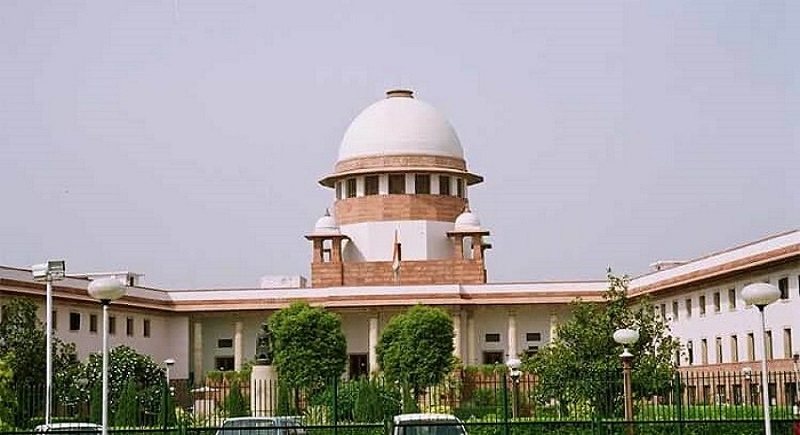SC rejects Bhushan’s PIL, says Chief Justice will decide allocation of cases

New Delhi, Apr 11: The Supreme Court on Wednesday rejecting the PIL seeking framing the guidelines for rational and transparent allocation of cases and constitution of benches to hear them, ruled that the Chief Justice of India is the first among the equals and has the authority delegat4ed by the Constitution to decide allocation of cases and constituting benches to hear them.
According to agency reports the Supreme Court bench comprising Chief Justice Dipak Misra and Justice A M Khanwilkar and Justice D Y Chandrachud heard the PIL before dismissing it.
Justice Chandrachud who wrote the judgement for the bench, referred to constitutional schemes and said “the Chief Justice of India is the first among equals and has the authorit to decide allocation of cases and setting up of benches.”
As the Chief Justice is a high constitutional functionary, there cannot be “any distrust about the responsibilities he discharges” to ensure that the Supreme Court to carry out the work required under the constitution, the apex court said.
The PIL was filed by senior lawyer and former law minister Shanti Bhushan seeking clarification on the administrative authority of the Chief Justice of India as the ‘master roster’ and seeking laying down of principles and procedures to be followed in preparing the roster for allocation of cases to benches.
The PIL was filed in the backdrop of the January 12 press conference held by four senior-most Supreme Court judges including Justices J Chelameswar, Ranjan Gogoi, Madan B Lokur and Kurian Joseph, an unprecedented event.
The judges had alleged improper allocation of cases by the CJI.
Bhushan filed the PIL through his advocate and son Prashant Bhushan, who also wrote a letter to the apex court’s secretary general stating that the matter should not be listed before a bench that includes CJI Dipak Misra.
The PIL said the CJI’s authority as the master of roster is “not an absolute, arbitrary, singular power that is vested in CJI alone and which may be exercised with his sole discretion” and such an authority should be exercised by him in consultation with senior judges.